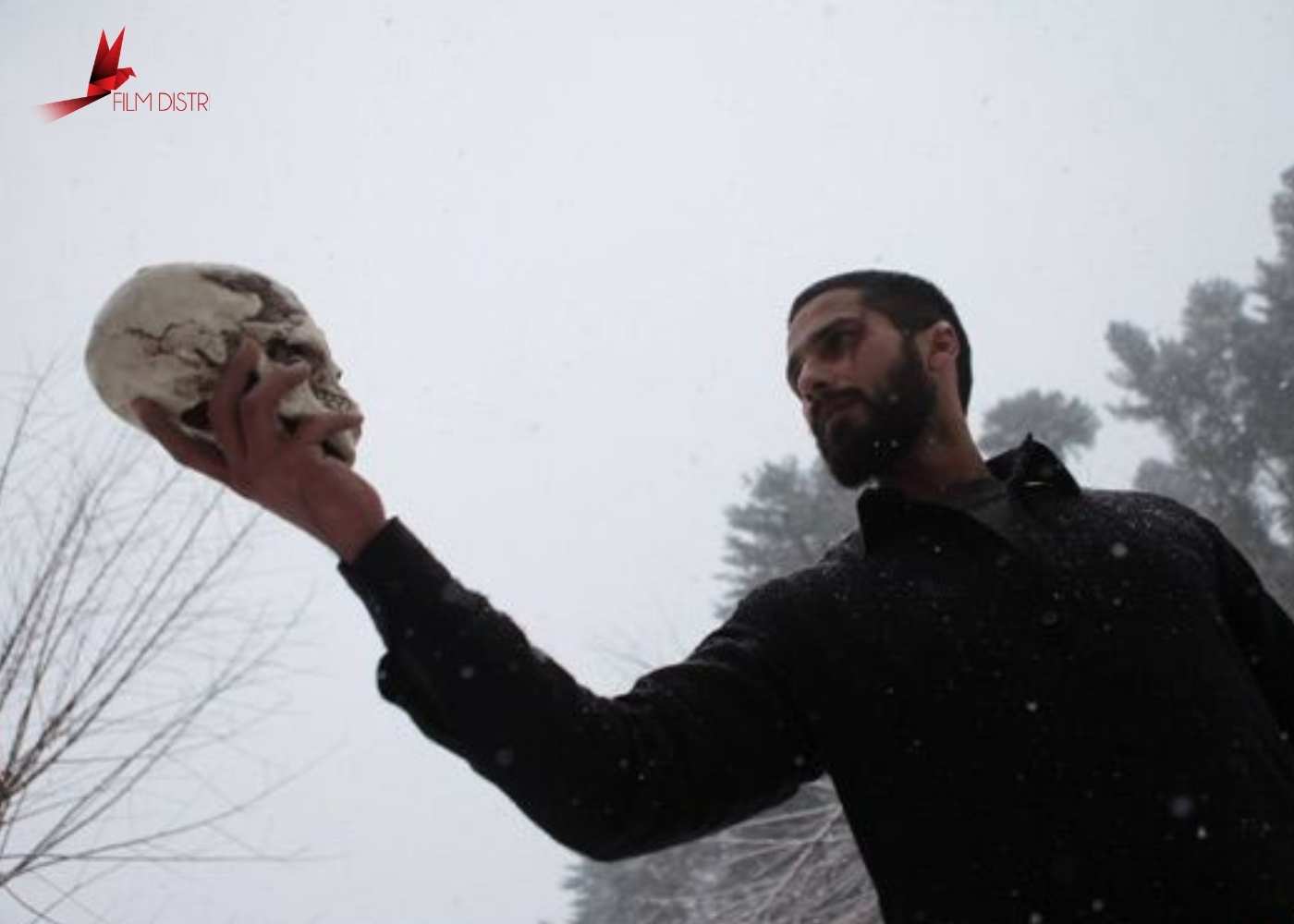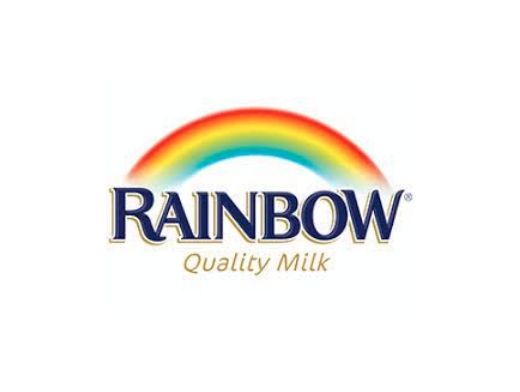The very thought of their favourite book or piece of literature becoming a movie is intolerable to book enthusiasts who have to compare their beloved book to a travesty in the name of a movie when asked how the movie compares to the book. Typically, the response is unfavourable. People who value literature over film frequently say something like, "The book is better." However, films unquestionably need literature for their creative development and sustenance. For a video production company in Mumbai, for instance, literature is one of the most important sources of content that is available to cinema. Literature may or may not need films, but films surely need literature.
However, the capabilities of film have repeatedly astounded literary types and skeptics. For instance, the legendary director Stanley Kubrick had a talent for selecting renowned literary pieces and giving them his unique spin. Another issue is that the authors were sometimes unhappy to see their labour of love destroyed by the infamous perfectionist Mr. Kubrick.
Aamir Khan and Raju Hirani, the two creative forces behind 3 Idiots, have a literary quality. What the two have in common is that they support middle-of-the-road cinema and work to successfully combine art and commerce—the meaningful with the mainstream, if you will—as predecessors like Hrishikesh Mukherjee, Gulzar, Basu Chatterjee, Guru Dutt, Vijay Anand, and Nasir Hussain (Khan's uncle) had done before them.
A number of Hrishikesh Mukherjee and Gulzar's successful Bollywood films were built on literature. The Bimal Roy hangover, on the other hand, is a better way to put it. He was the original director, entrenched in New Theatre realism, whose best films (Do Bigha Zamin, Parineeta, Devdas, Sujata, and Bandini) frequently referenced Bengali literature. Gulzar passed on a similar love of literature to Vishal Bhardwaj, who began as his assistant.
Bhardwaj has come to be known as the face of Shakespearean tragedies nowadays. Some of his best films were influenced by the works of Shakespeare. He definitely knows a thing or two about how to translate the Bard for the Hindi film, if his cheeky interpretations of Macbeth, Othello, and Hamlet (as Maqbool, Omkara, and Haider, respectively) are any indication.
Some of the greatest directors in Indian art cinema have had literature on their side. The most well-known book borrower was Satyajit Ray, a man of literature in his own right. Our selection of the "5 Book-to-Film Adaptations to Watch" includes Ray's sole Hindi film, Shatranj Ke Khilari, which is based on the short story by Munshi Premchand.
We now come to a crucial inquiry: Does Bollywood read? And why are movies no longer considered the "cultural activity" they once were? Here is our ranking of the ten best Bollywood adaptations of best-selling books while the reader mulls over these issues.
Below is a list of our five best Hindi film book adaptations:
1. Raazi (2018)
When his daughter Meghna Gulzar announced her plans to adapt the book Calling Sehmat into a movie, Gulzar reportedly voiced his reluctance. Calling Sehmat attracted Meghna the most because it was the story of an adventurous young girl's adventure. That girl is portrayed by Alia Bhatt in Raazi. She is not a typical girl. She is a spy who infiltrates Pakistan by marrying into an honourable army family, lowering all potential levels of suspicion. Who would have thought that this quiet, newlywed Kashmiri lady was actually India's RAW in covert service?
She is portrayed by Alia, the epitome of cuteness, who appears to have only begun to explore her potential. As the informant Sehmat, Alia makes a strong impression in all of the home, training, and covert sequences. Vicky Kaushal and Jaideep Ahlawat put on a fantastic performance, matching lead actress Alia at every turn. Raazi's greatest accomplishment is that she keeps her natural ability to handle the complexities of relationships while still managing to put the movie in a fast-paced thriller style.
This sensitive director rejects the us-versus-them viewpoint in favour of a more complex understanding of Pakistan. People from over the border are what she views as Raazi's Aye Watan, which functions as an anthem, is littered with hints written by Gulzar. Sehmat's Pakistani spouse, might wield it just as effectively as it was used courageously on Sehmat to represent Indian nationalism.

2. Haider (2014)
Vishal Bhardwaj's Haider, a chilling rendition of Shakespeare's Hamlet, casts a harsh light on the unrest and violence in Kashmir. Tabu, a fiery actress, portrays the mothership, a complicated and conflicted "half widow" who almost steals the movie from her son Haider (Shahid Kapoor). The New York Times reviewer stated that Vishal Bhardwaj "could have considered dubbing his fast-and-loose translation of Hamlet "Ghazala", after its Gertrude figure, instead of Haider, because of the passion and complexity that her character Ghazala infuses into Haider. It is unusual for mainstream Bollywood to warp the theme of holy mother-son love to such Freudian depths. Ghazala's Oedipal relationship with her little son is at the centre of the plot.
Haider's music, like that of earlier Bhardwaj movies, is notable for its outstanding melodies and poetry. Seeing Shakespeare's gravedigger scenes transformed into a musical caper set against Kashmir's bloody winter landscape is one of the thrills. An excellent, albeit simple, metaphor for heaven's turning into hell.
Bhardwaj is a skilled director who pays significant attention to character development as well as to the subtleties of poetry and language. When watching Haider, or really any of his films, you are often reminded that this is a movie made by a director who thinks like a musician.
3. Shatranj Ke Khilari (1977)
The "other woman" in Begum Khurshid's (Shabana Azmilife ) is chess. Her worst foe is the feudal baron, Mirza Sajjad Ali (Sanjeev Kumar), who keeps her from him. Awadh (Lucknow) is being pursued by Queen Victoria's army while the chess-obsessed aristocrat Mirza Sajjad Ali and his buddy Mir Roshan Ali (Saeed Jaffrey) are engrossed in their game. Shatranj Ki Khilari's irony and humour come from their exploits in trying to figure out how to return to the board, which included ending up at a friend's estate while he was on his deathbed.
4. Devdas (1955)
Devdas by Sarat Chandra Chattopadhyay is unquestionably Bollywood's go-to literary selection, as evidenced by the sheer number of adaptations it has sparked. It has undergone numerous remakes. The sad story has been reimagined by filmmakers as diverse as Sanjay Leela Bhansali, Sudhir Mishra, and Anurag Kashyap. The best Devdas, however, is considered to be Bimal Roy's 1955 remake with Dilip Kumar, Vyjayanthimala, Suchitra Sen, and Motilal. Why is it so fantastic? The narrative is a tired old cliche. It might not have been as cliché back in 1955, though.
A timid young guy named Devdas (Kumar) is torn between Chandramukhi and Paro (Sen) (Vyjayanthimala). He turns to alcohol because he wants affection. This is a well-deservedly praised performance for Kumar, who is likely at the pinnacle of both his career and this movie. His persona embodies dejection and defeat. How can he face the world when he is unable to defend the love of his childhood from his own family? The courtesan whom Devdas swears never to forget is played by Vyjayanthimala, who, along with Kumar, made for a well-liked on-screen duo. Does he, however, adore her? His sole true love is for Paro. She runs to catch one last glimpse of Devdas in the film's infamously devastating conclusion. But it's too late now.
5. Satyakam (1969)
Naren recounts the Satyakam narrative (Sanjeev Kumar). Later, Hrishikesh Mukherjee would employ this narrative technique in Anand (1971), in which a chiseled Amitabh Bachchan recounts the peculiar existence of Anand, who was famously portrayed by Rajesh Khanna. In pre-Independence India, Satyapriya (Dharmendra) and Naren are close friends from college. After college, they part ways but keep in touch sometimes. Satyapriya hasn't written to Naren in a while. Satyapriya adds the missing details when they run into one another. He had to wed the dancer Ranjana (Sharmila Tagore). Satyapriya consents to raising her child as his own. Ranjana frequently feels "impure" and longs to be reborn "pure" in order to be deserving of Satyapriya.
The theme of Mukherjee's Satyakam, a reworking of Narayan Sanyal's novel, is the commitment to truth and the pursuit of it entirely. Unlike Naren, who in an early college scene contemplating an existential subject seems to come across as a nihilist believing in the complete meaninglessness of existence, Satypriya has given his own life its only purpose. The young Jat exhibits an obvious honesty and simplicity that sensitive Bengali directors like Mukherjee and Bimal Roy recognize in Dharmendra's portrayal of Satyapriya.
Whether it is an Indie Bollywood movie or one produced by a major video production company in Mumbai, literature remains one of the most exciting and, at the same time, equally controversial sources for filmmakers. Getting it right may be the opportunity that a filmmaker or an actor needs to take their career to the next level, while getting it wrong might equally mean the death knell for an irredeemable career.














































